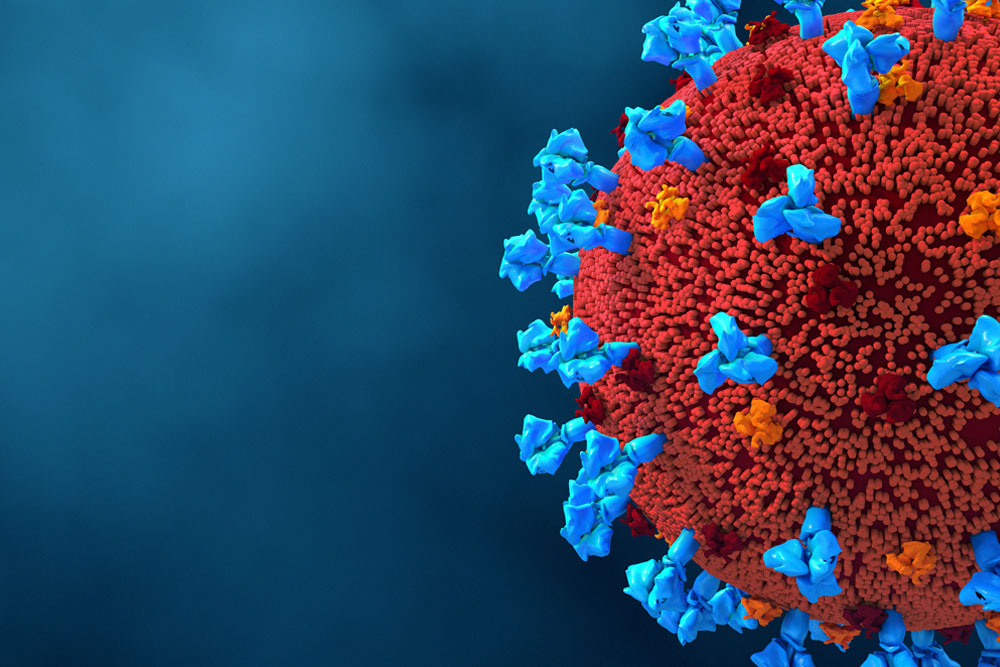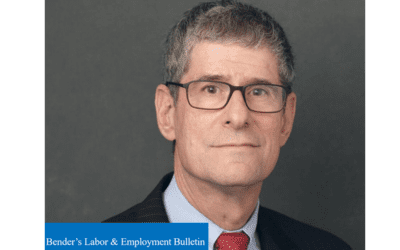COVID-19 has not just raised a host of medical challenges for the medical profession. In addition to public health questions that have resulted from doctors being faced with a novel virus that has behaved differently from other diseases encountered by medical science, COVID has also raised several questions about various kinds of insurance – Are COVID-related life insurance claims covered? Can I buy insurance if I’ve had COVID? Is COVID disabling? While some issues have mostly been sorted out, the following discussion responds to a number of questions we have been receiving about the impact of COVID on insurance.
Table of Contents
What Is the Impact of COVID on Life Insurance?
Nearly 40 million Americans have contracted COVID-19, and almost 650,000 have died from the virus since the beginning of the pandemic. Many of those who died from COVID had life insurance. So long as their life insurance policies had been issued and were in effect at the time of their death, there should have been no impediment to collecting benefits. The pandemic is not an excuse for insurance companies to avoid paying life insurance claims – life insurance benefits are payable when the insured dies, regardless of causation.
Is Death Due to COVID-19 Considered an “Accidental” Death?
Although life insurance benefits are payable irrespective of causation, accidental death insurance generally does not cover death due to illness of any kind, and that would include COVID-19. However, some workers, such as first responders (police, fire, and paramedics), have been found eligible for death benefits because of a presumption that the virus was contracted in the line of duty.
Can I Get Life Insurance During the Pandemic?
Life insurers remain willing to underwrite life insurance policies, even for those who had COVID-19; however, the process may be more demanding. Insurers may also not be willing to underwrite individuals who have refused to be vaccinated. For those who have had COVID, there may be greater scrutiny of their applications during the underwriting process. In addition, individuals suffering from long-COVID may not meet underwriting guidelines.
For those who receive life insurance coverage as part of their employee benefits package, there should be no change in the availability of such coverage. However, the cost may have modestly increased from pre-pandemic rates because group insurance is not individually underwritten.
Will the Pandemic Increase the Cost of Life Insurance?
It is hard to know how COVID will impact the cost of individual life insurance, but rates will likely go up. The Centers for Disease Control reported that life expectancy declined in the United States in 2020 for the first time in more than two decades. The Latinx population, followed by African-Americans, experienced the most significant decline. That decline in life expectancy will undoubtedly impact life insurance premiums and disproportionately affect individuals from those groups.
What Is the Impact of COVID on Disability Insurance?
There are several issues relating to COVID that impact disability insurance coverage. The issues can be broken down to quarantine, risk avoidance, and ongoing symptoms after the initial infection has subsided.
Can I Receive Disability Benefits if I Am Quarantined Due to COVID?
Generally, if someone is quarantined due to an infectious illness, that would not be grounds to qualify for disability benefits so long as the individual is not disabled due to COVID or any other disease. However, many disability policies contain provisions relating to infectious diseases and would provide benefits for some time if someone is ordered to remain off work after being exposed to COVID.
Can I Receive Disability Benefits if I Am at Substantial Risk of Severe Illness or Death Due to COVID?
Many individuals have severely compromised immune systems – they may be transplant recipients or suffer from illnesses that suppress their immune system. Contracting COVID at work could result in severe, if not fatal consequences. Most disability insurers resist claims involving such a “risk of disability.” However, suppose the immunocompromised individual has a job that exposes them to a high level of risk that cannot be mitigated with standard precautions such as a plexiglass screen. In that case, there is a greater likelihood of qualifying for benefits. Also, if the claimant has debilitating symptoms even without the risk of contracting COVID, there is an enhanced likelihood of qualifying for benefits. But if the insured is being well-managed medically, does not suffer from disabling symptoms, and can work remotely, they can expect a battle with their insurance company over qualifying for disability benefits.
Does Long-COVID Qualify Me for Disability Payments?
While most people have had COVID fully recover, statistics have shown that 1 in 3 people who have contracted COVID have long-lasting symptoms such as persistent fatigue, brain fog, breathing difficulty, and other symptoms. Like other conditions such as chronic fatigue syndrome, there is usually no definitive laboratory testing to verify ongoing impairment. But that does not mean disability benefits would not be payable. Comprehensive examination findings, consistency between doctor visits, exercise testing, neuropsychological testing, and even keeping a detailed journal of symptoms will generally corroborate long-COVID’s disabling impact. The more data the insured can provide, the likelier that they receive benefits.
Are There Issues With COVID and Health Insurance?
COVID testing and treatment have mostly been government-funded, so we have not seen a spike in health benefit denials relating to COVID. However, insurers will not pay benefits for unrecognized therapies that are not FDA-approved. In addition, many employers are now charging higher premiums to their employees who have not been vaccinated, just as smokers have sometimes been assessed higher premiums. At the same time, participation in wellness programs can lower premiums.
Concluding Thoughts
As the discussion above shows, COVID-19 has had a significant impact on insurance. There has unquestionably been an increase in insurance-related legal disputes that have arisen on account of COVID. Some issues are quickly resolved, but many others require the assistance of knowledgeable and experienced legal counsel. While some benefit denials are warranted based on the terms and conditions of the insurance policies at issue, other denials can be successfully challenged. Insurance policies are complex, and the issues that have arisen over the last 18 months due to COVID-19 have created many challenges. Working with an experienced and knowledgeable attorney can make a huge difference in achieving a successful outcome when issues arise.
A version of this article was first published by Law 360 on April 17,2020.







